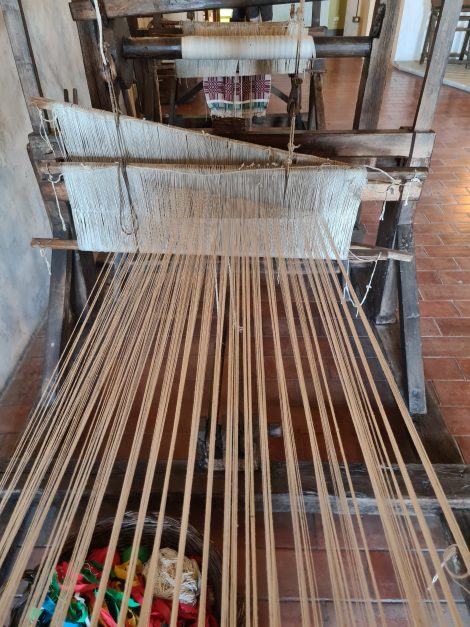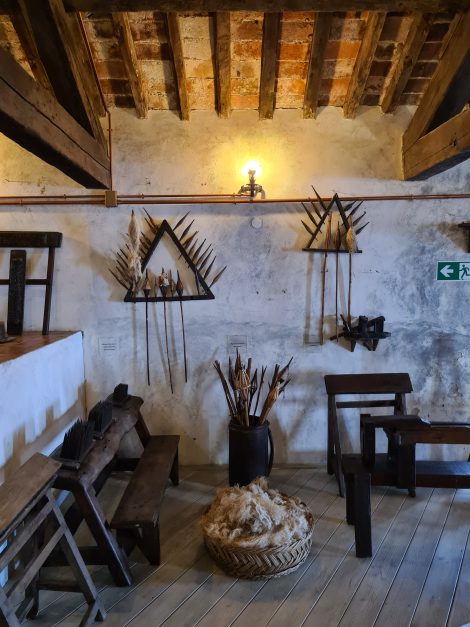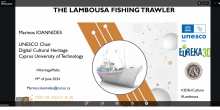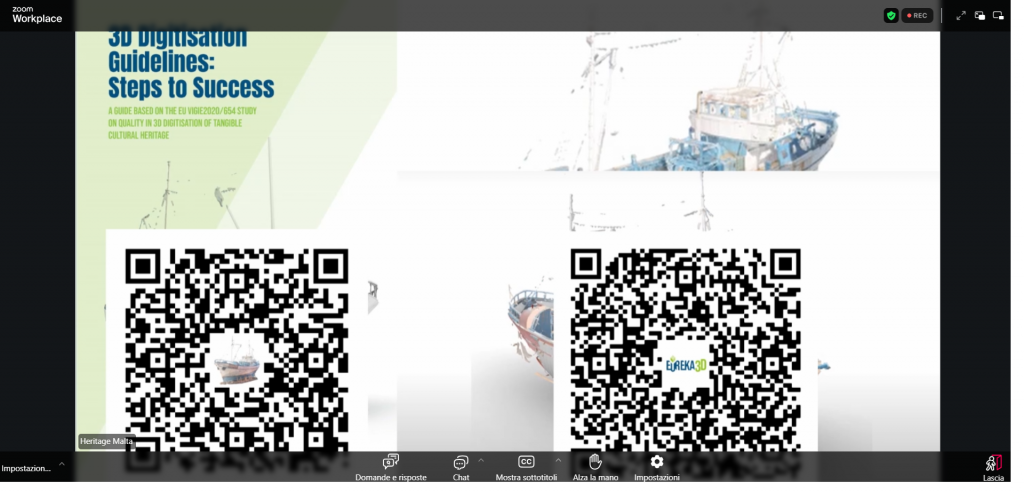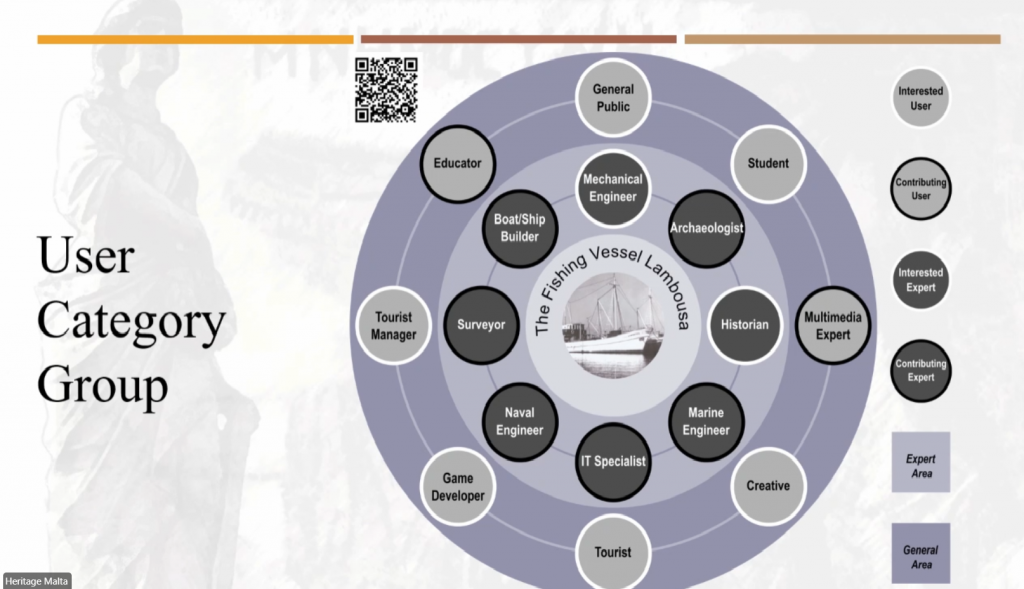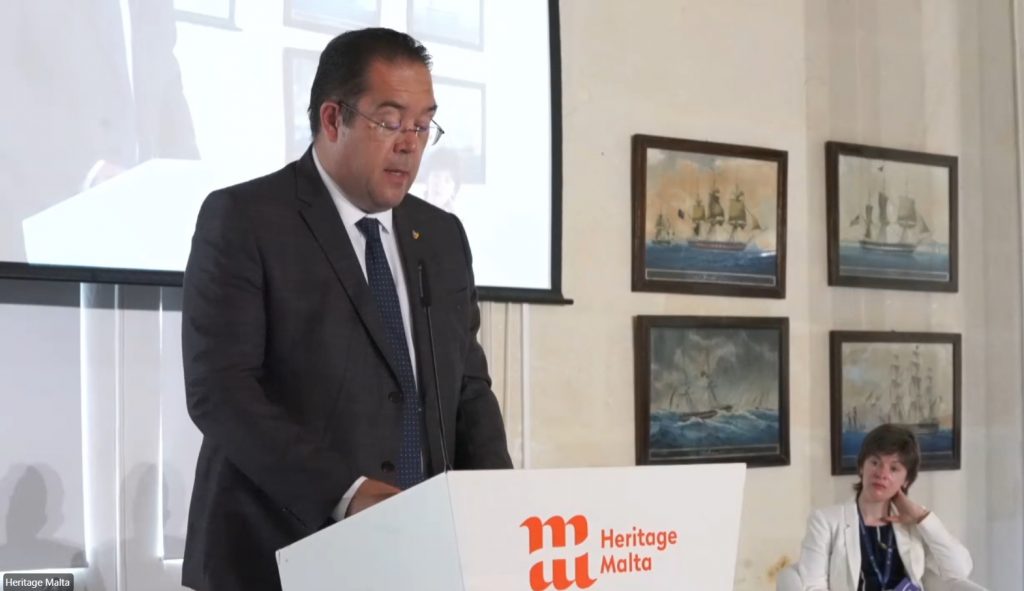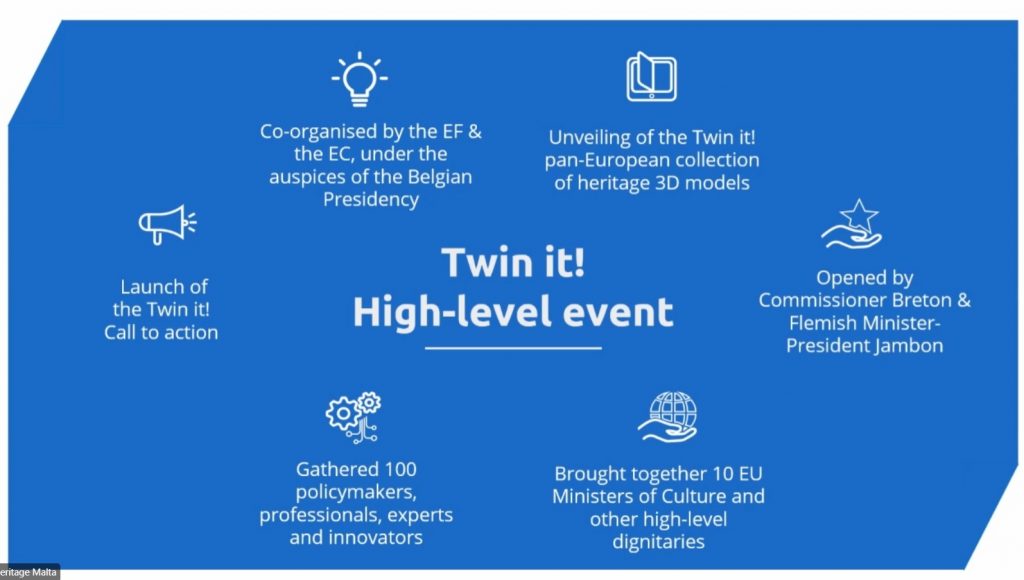in collaboration with ICA International Council on Archives, three events on Formats, Authenticity and Preservation
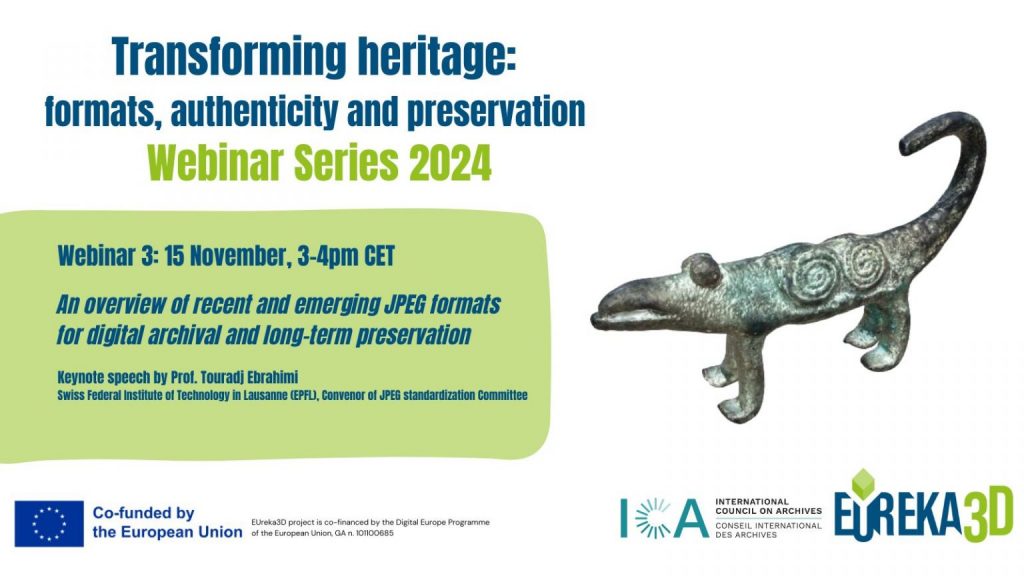
The International Council on Archives (ICA) and the EUreka3D Consortium are organizing the second webinar series on 3D Digitisation and Digital Transformation of Cultural Heritage, following the success of the 2023 edition of the webinar series, which attracted over 300 attendees from all over the world.
The three sessions will take place in autumn 2024, and will focus on formats, authenticity and preservation for 3D and digitisation in the cultural heritage field, delivered by expert speakers and renowned professionals.
This informal training activity is aimed at archivists and records management professionals, CHI professionals, 3D digitisation and digital infrastructure providers, digital humanities researchers, and students in all these fields.
The webinar series is part of the partnership between ICA and PhotoConsortium, coordinator of EUreka3D. This initiative is also part of EUreka3D Capacity Building Programme, which provides online and onsite training to CHIs for high-quality standards of digitisation, advanced metadata management and aggregation to Europeana, enriching the common European data space for cultural heritage.
Read more and access details and registration: https://eureka3d.eu/transforming-heritage2024/
Webinar 1: 26th September h. 16 CET
Digital Media Authenticity
The rapidly evolving field of AI-powered image processing tools have revolutionized digital media content. These tools allow us to denoise images, enhance resolution, and even colorize black-and-white photos, opening exciting new possibilities. However, the same underlying technology also made it easier to generate artificial content or manipulate existing media, raising serious concerns about the trustworthiness of what we see. As the line between genuine and altered content blurs, the importance of transparency in digital media provenance has never been greater, particularly in the context of preserving our cultural heritage through digitization. This webinar explored the latest advancements in provenance signalling and best practices for ensuring media authenticity and transparency.
Agenda
- Welcome by Josée Kirps, president of the International Council on Archives (ICA)
- Introduction by Antonella Fresa, EUreka3D project coordinator (PDF, 1.1 Mb)
- Keynote speech by Frederik Temmermans, Multimedia interoperability researcher at Vrije Universiteit Brussel-imec. JPEG committee member (PDF, 6 Mb)
- Q&A and Conclusions by Ilaria Fava, Communications Specialist at EGI Foundation
- End of the webinar h. 17
Webinar 2: 24th October h. 17.30 CET – World Day of Audiovisual Heritage
A new dimension for the Audiovisual Heritage: a EUreka3D initiative
Audiovisual archives bear witness to all the audiovisual production, and the thousands of images preserved on a wide range of media enable an unprecedented narrative about our past. Besides, audiovisual heritage includes all the devices that made it possible to capture and to show all this imaginary. The significance of this heritage has been taken into account in the EUreka3D project through the digitisation of the pre-cinema collection of the Cinema Museum of Girona. In this webinar, we will explain, from CRDI experience, how Archives face the challenge of the 3D digitisation considering the need to achieving high-quality digital reproduction. We will talk about the need of skilled professionals, the existence of a working methodology, the ability to analyse the complexity of the objects to be reproduced, the criteria to assess the results and the commitment of making these 3D materials accessible online.
Agenda
- Introduction by Antonella Fresa, EUreka3D project coordinator
- Keynote speech by David Iglésias Franch, CRDI/Ajuntament de Girona. PAAG (Photographic and Audiovisual Expert Group / ICA)
- Q&A and Conclusions by Natalija Lace, National Archives of Latvia and PAAG Committee member
- End of the webinar h. 18.30
Webinar 3: November 2024
File formats and preservation in cultural heritage
The webinar starts with a description of the recently published HTJ2K, JPEG XL, and JPEG AI image coding formats, emphasizing the features each offers that make them particularly attractive for storage, distribution, visualization, and interactions in archival and long-term preservation applications. We then discuss JPEG Pleno Point Cloud Coding, which is expected to be published as an International Standard by ISO and IEC in early 2025, and can be used to code 3D content, represented as point clouds, among others in archival and preservation applications. The webinar will end with a look into an emerging standard known as JPEG DNA, an image format for archival on DNA support, by motivating the reasons behind this effort and its roadmap.
Agenda
- Introduction by Valentina Bachi, PHOTOCONSORTIUM, EUreka3D project coordinator
- Keynote speech by Prof. Touradj Ebrahimi Swiss Federal Institute of Technology in Lausanne (EPFL), Convenor of JPEG standardization Committee: An overview of recent and emerging JPEG formats for digital archival and long-term preservation
- Q&A and Conclusions
- End of the webinar h. 16
Touradj Ebrahimi – Biography
Professor at Swiss Federal Institute of Technology in Lausanne (EPFL), heading its Multimedia Signal Processing Group. He is also the Convenor of JPEG standardization Committee. He was also adjunct Professor with the Center of Quantifiable Quality of Service at Norwegian University of Science and Technology (NTNU) from 2008 to 2012. His research interests include still, moving, and 3D image processing and coding, visual information security (rights protection, watermarking, authentication, data integrity, steganography), new media, and human computer interfaces (smart vision, brain computer interface).
These virtual sessions will be held in English. Interpretation into other languages will not be provided.
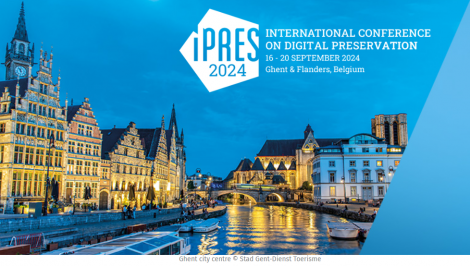


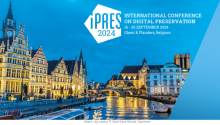
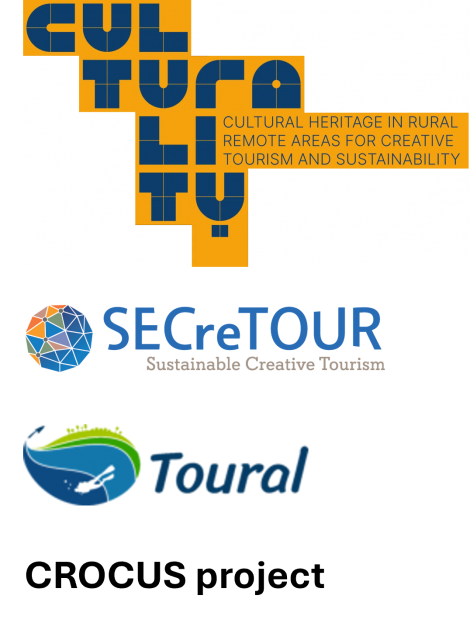
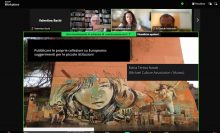
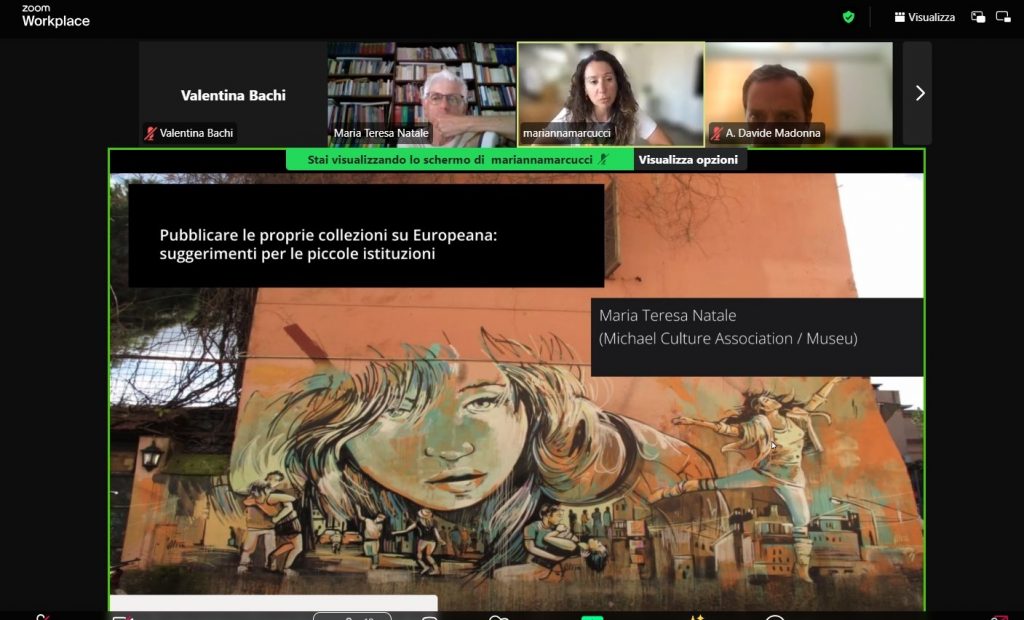
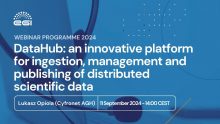
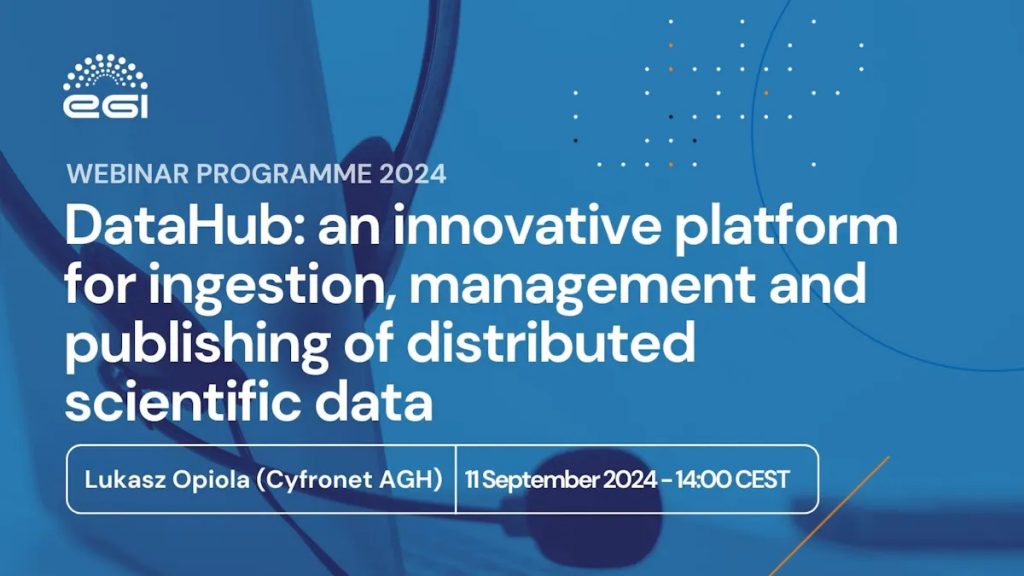

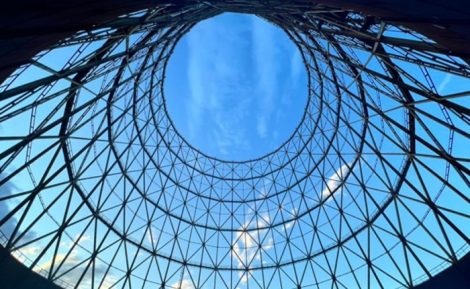
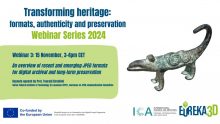

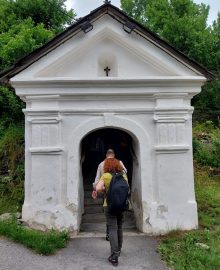
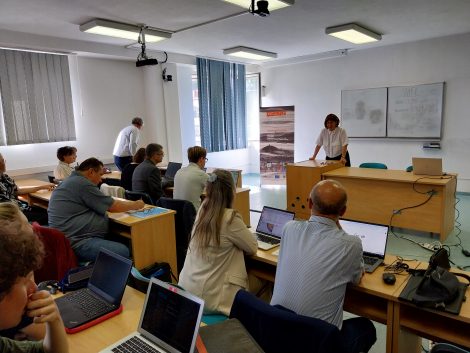
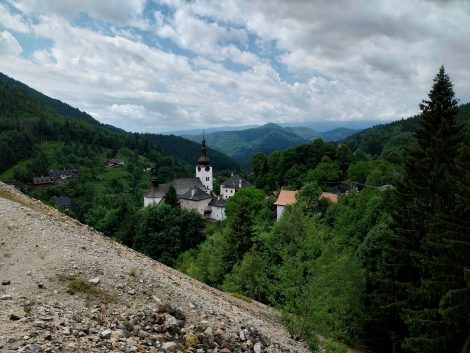
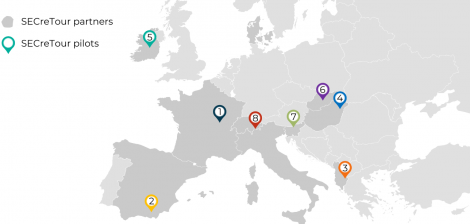
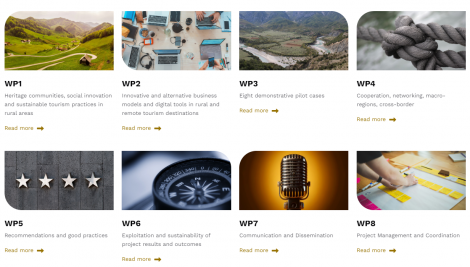
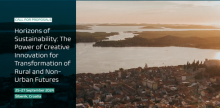
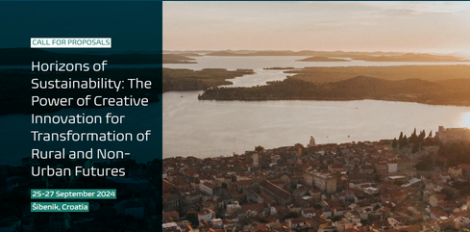 IN SITU is a four-year project that combines research and experimental actions to advance the innovation-related practices, capacities, and potentials of cultural and creative industries (CCIs) based in non-urban and rural areas of the EU.
IN SITU is a four-year project that combines research and experimental actions to advance the innovation-related practices, capacities, and potentials of cultural and creative industries (CCIs) based in non-urban and rural areas of the EU.
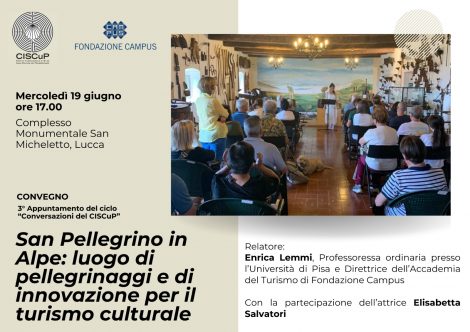 After three years of scientific research and activities in the area, the INCULTUM project, funded by the Horizon 2020 programme of the European Union and created with the aim of using sustainable tourism models to relaunch the social fabric of peripheral and marginal regions of Europe, has concluded.
After three years of scientific research and activities in the area, the INCULTUM project, funded by the Horizon 2020 programme of the European Union and created with the aim of using sustainable tourism models to relaunch the social fabric of peripheral and marginal regions of Europe, has concluded.